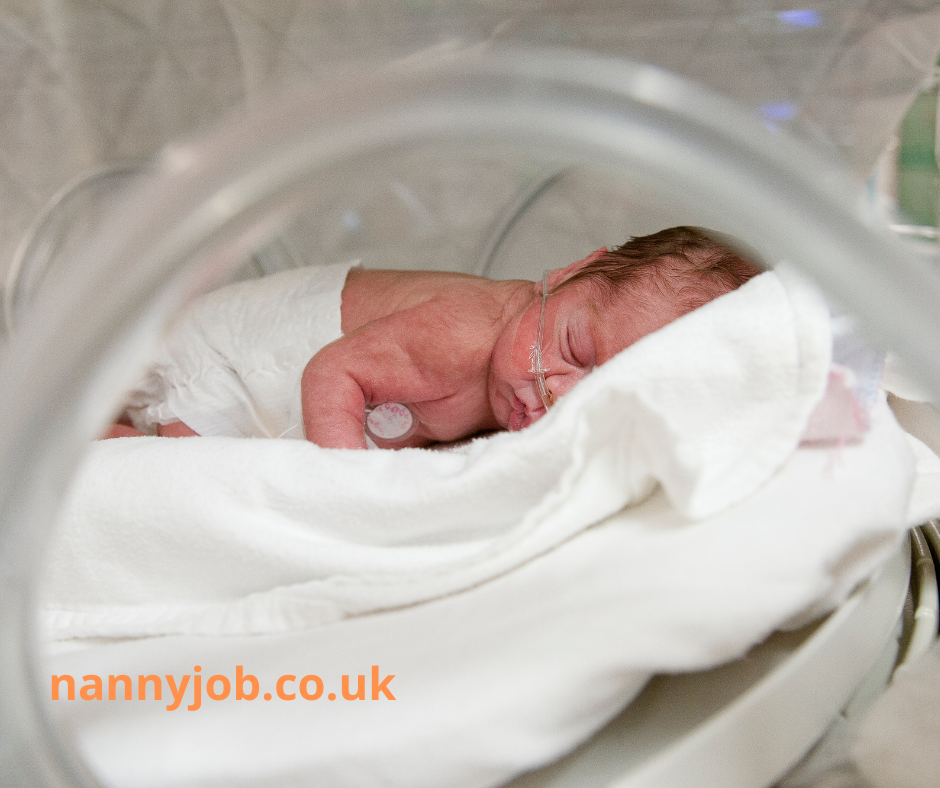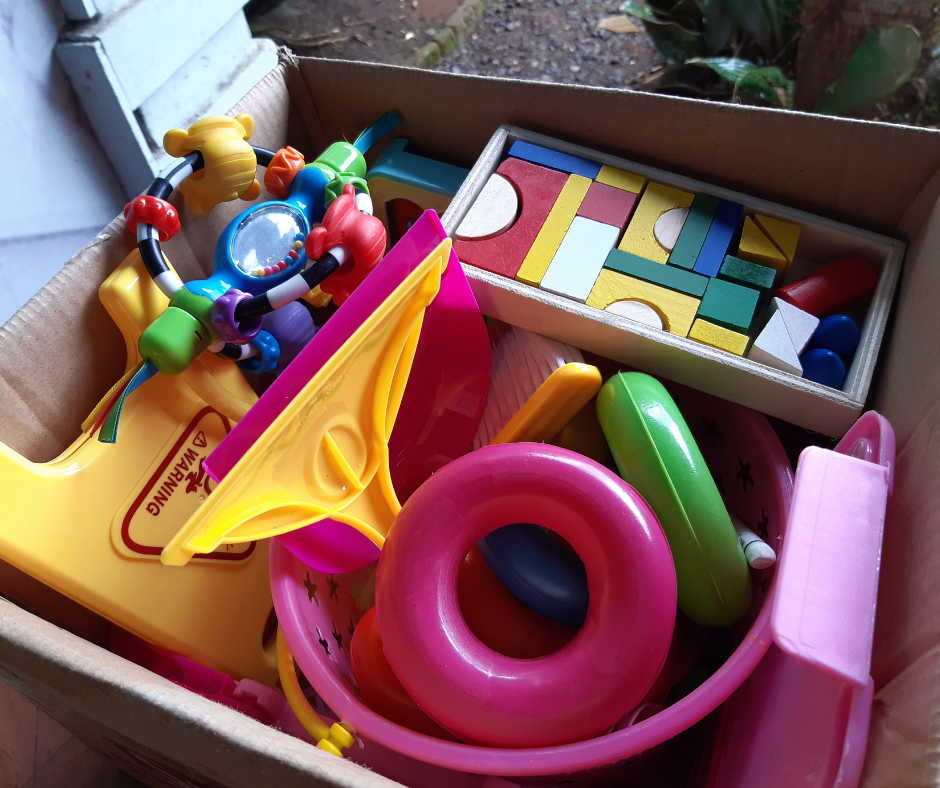 Most children will end up visiting the hospital at some point in their life. The lucky ones have a quick trip to A&E and go straight home but sometimes a longer stay is needed. This can be a very testing time for the family and you may need to step into the breach to provide support but it can be difficult to know what to do beyond keeping everything ticking over.
Most children will end up visiting the hospital at some point in their life. The lucky ones have a quick trip to A&E and go straight home but sometimes a longer stay is needed. This can be a very testing time for the family and you may need to step into the breach to provide support but it can be difficult to know what to do beyond keeping everything ticking over.
If there are other children in the family your job probably won’t change much athough you might end up working longer hours to allow your employers to spend time at the hospital. Ask whether siblings are allowed to visit and if the parents would like your charges to see each other. Bear in mind that some hospitals don’t allow children to go onto the ward so be ready to suggest other ways your charges can keep in touch, such as drawing pictures or speaking on skype.
You can support the parents by packing supplies for your charge ready to take to the hospital. Hospital food often isn’t appetising so if they are allowed to take snacks in then you can go to the shops and prepare a care package for them to take in. You can also keep up a stream of clean pyjamas and other clothes as hospitals can be hot and sticky places. If allowed, toys from home will help relieve some of the boredom of being stuck in a hospital bed, and for school aged children keep in touch with school in case they ask to do some homework! It’s a huge help for parents to be able to come home, empty a bag and repack it with everything that’s been laid out ready.
Volunteer to take a turn sitting at the bedside to give your employer’s a break and provide a change of scenery for your charge. Your employers will feel more relaxed leaving their poorly child with someone they know and trust too. Children’s development doesn’t stop when they’re in hospital so you can talk to the doctors and nurses about providing some suitable activities. Encourage them to play, talk and laugh with you as they would at home.
You also need to recognise that it’s a worrying time for you. Most nannies become deeply aatached to their charges and it’s difficult to see someone you love in distress. Look after yourself and don’t be afraid to share your feelings with your family or nanny friends.
When they come home from hospital your charge may have medication to take or specific care routines to follow. Make sure you’re clear on what these are and don’t be afraid to ask questions. Communication will be more important than ever and be sensitive to the fact that your employers might want to check in with you more often to see how everything is going.
If you’re a nanny and have some tips about working with a hospitalised charge don’t hestitate to share them on our Facebook page, Twitter or our messageboards.


 Writing a nanny a reference can be tough. It usually means your child carer is moving on and whether it’s your choice or theirs it’s often an emotional time. A glowing reference will help your nanny find a wonderful new job and show them how much you appreciate the job they’ve done for you.
Writing a nanny a reference can be tough. It usually means your child carer is moving on and whether it’s your choice or theirs it’s often an emotional time. A glowing reference will help your nanny find a wonderful new job and show them how much you appreciate the job they’ve done for you.









